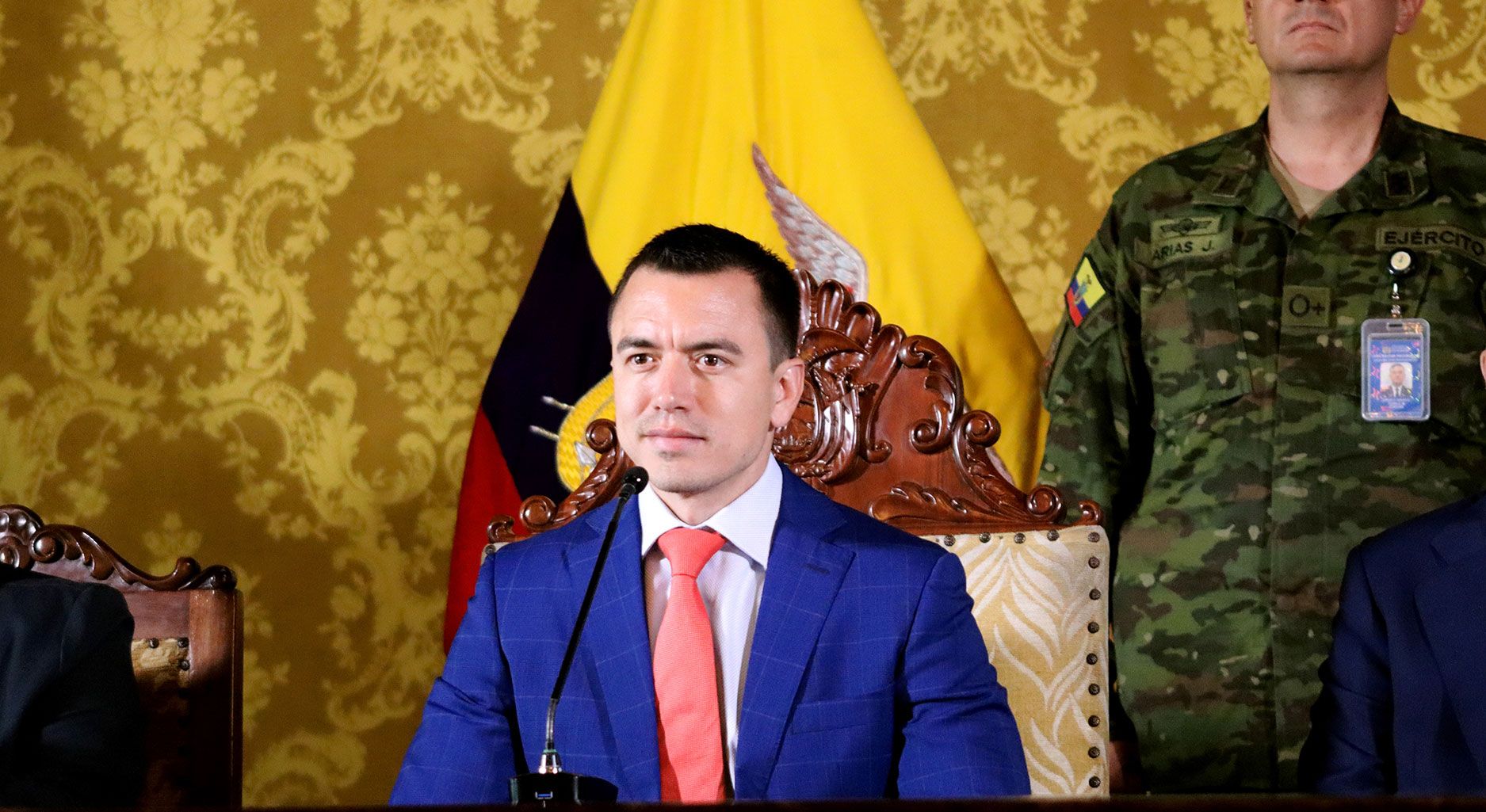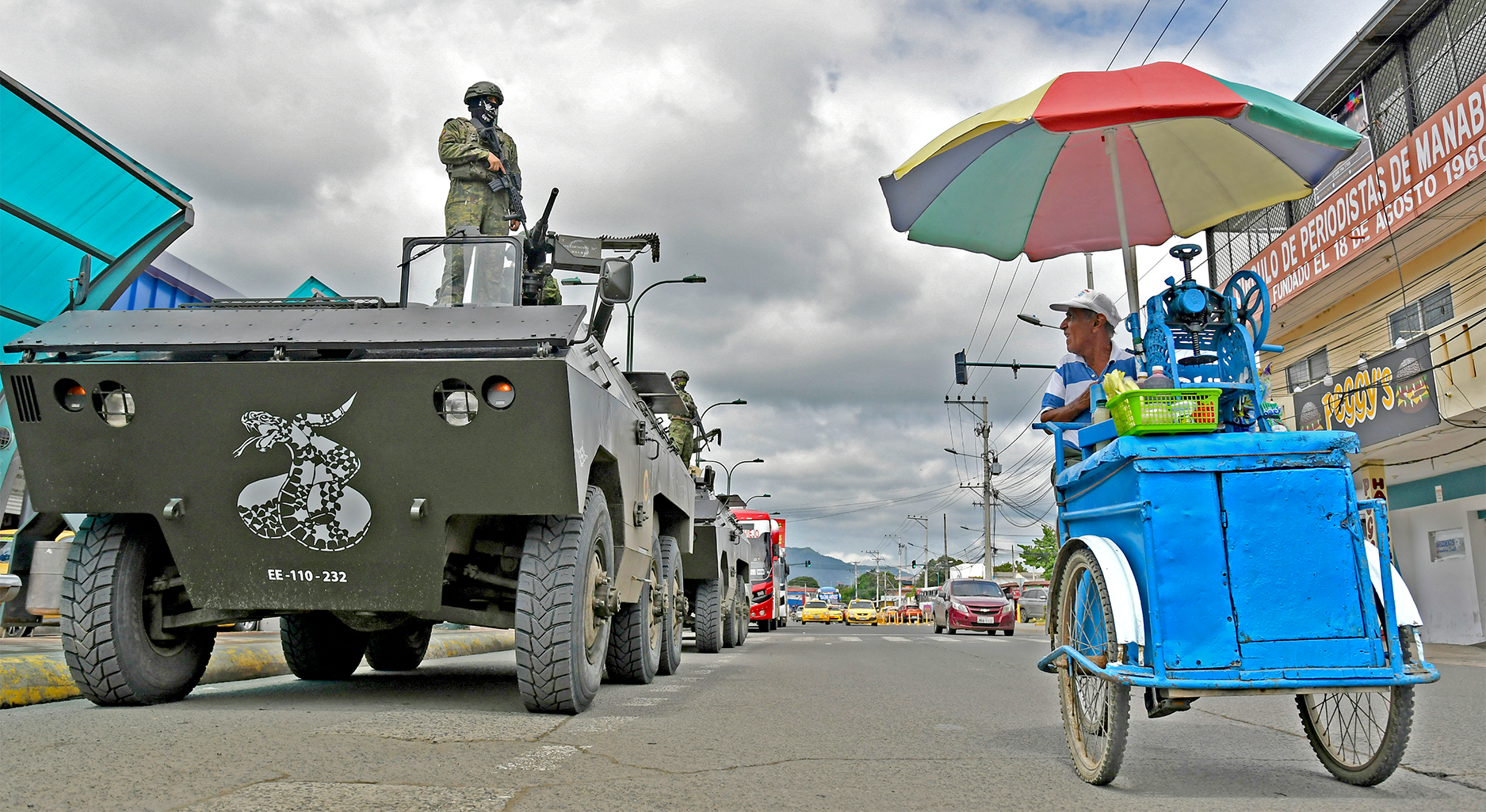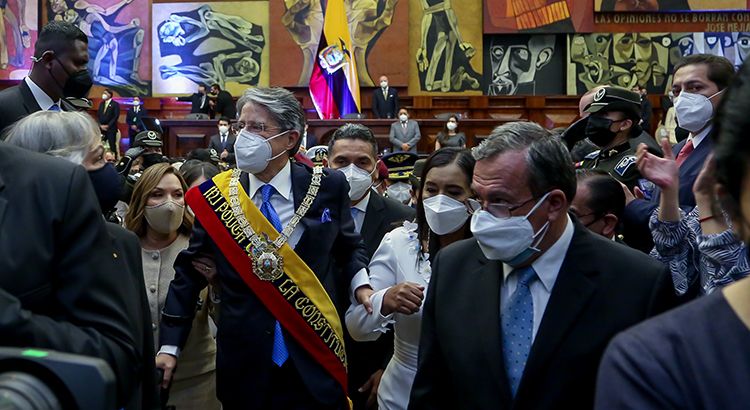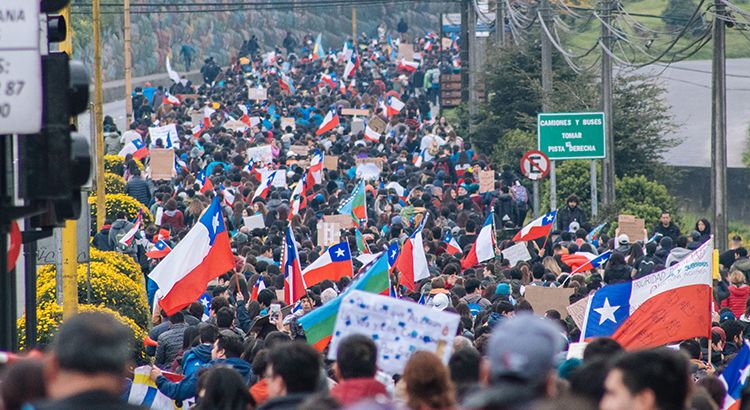Freie Fahrt für harte Hand? Ecuadors militärischer Kampf gegen das Verbrechen geht in die zweite Runde
Am 24. Mai 2025 hat Daniel Noboa sein altes, neues Amt als Präsident Ecuadors angetreten. Damit...



